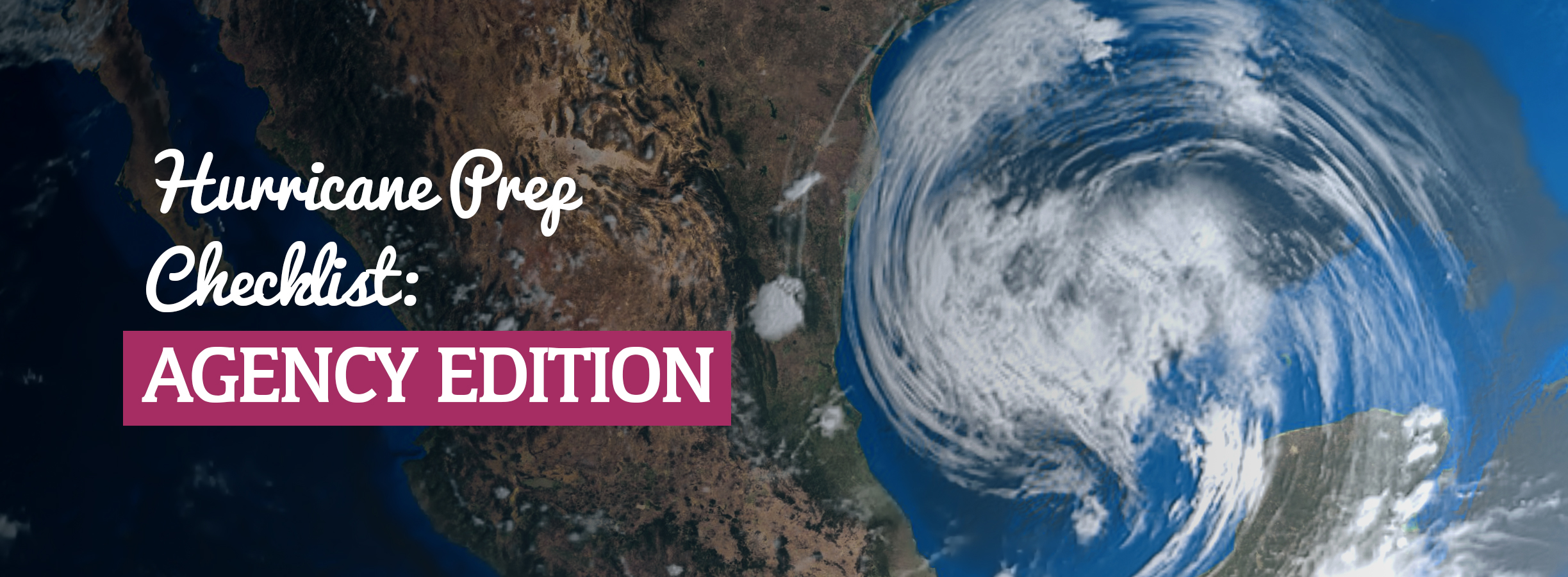How Using This Sweet Trick Landed Me A Job
By Michael Ortiz de Villate (September 26, 2017)
A Resume in Your Belly
If you haven’t already heard of this guy, you’re about to start praising him for this ingenious idea. He’s known worldwide as the “Donut Guy,” but his real name is Lukas Yla, and he’s a Lithuanian marketing professional. While new to San Francisco, Lukas set out on a quest to get his foot in the door of every ad agency he wanted to work for—literally.
Some may call his strategy brilliant, others may call it desperate. Lukas pretended to be a courier for delivery company Postmates, showing up at his favorite companies armed with a box of pastries from downtown favorite Mr. Holmes Bakehouse. Inside the box? His resume with the headline, “Most resumes end up in trash. Mine—in your belly.” The outcome of his efforts? 10 interviews.
Cover Letters and Cookies
Reading Lukas’ story inspired me to do something similar. I wasn’t going to pretend to be a Postmates delivery courier, but I was going to make my resume and cover letter more savory. Seeing a recent opening for an ad agency I’d applied to several times, I wrote a new cover letter and re-formatted my resume. I printed both out and proceeded to the nearest Publix where I was delighted to find BOGO cookies. Then, I grabbed chocolate chip cookies for the recipient of my application, and heath bar cookies for myself. In case things didn’t go as planned, I figured I could eat my weight in cookies.
Dressed business casual, hair slicked, and heart-pounding, I drove over to my possibly-future workplace. I blasted “Sorry not Sorry” by Demi Lovato to build up my confidence, and it worked. But, once I got to the building and proceeded up to the third floor, I felt my confidence slipping. I walked up to the receptionist, dropped my resume and cover letter with the cookies, then walked out. Within a week, I received an email from the Account Manager thanking me for the cookies and asking for an interview. After that, things quickly proceeded, and I’m now a Social Media Coordinator at Evok Advertising.
During my interview, the VP of Client Service complimented me for my brilliant cookie idea. The only downfall was that, for a while, I was known as “The Cookie Guy”.




